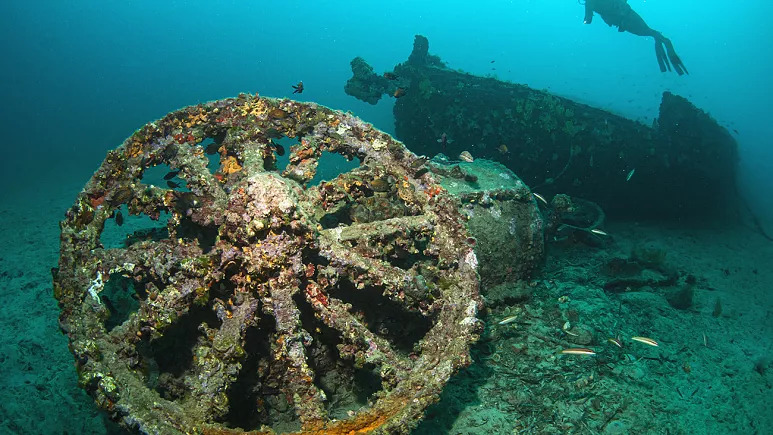Coral bleaching is cutting deep
UK scientists have discovered the deepest-known evidence of coral reef bleaching, at depths to around 90m at two atoll sites in the Indian Ocean’s Chagos Archipelago.
“Mesophotic” corals found between 30 and 150m deep had previously been thought immune to ocean warming, and able to maintain some balance as damage to shallow corals has been increasing in frequency and severity.
The damage at depth is attributed to a 30% temperature rise caused by an irregular oscillation of sea-surface temperatures known as the Indian Ocean Dipole, or Indian Niño. Multi-disciplinary researchers from the University of Plymouth found that this had harmed up to 80% of the reef in parts of the seabed.
“There are no two ways about it, this is a huge surprise,” said associate professor in physical oceanography Philip Hosegood, who led the recently published study. “Deeper corals had always been thought of as being resilient to ocean warming, because the waters they inhabit are cooler than at the surface and were believed to remain relatively stable.




Akash
March 17, 2025 at 07:38 AM
new cmt